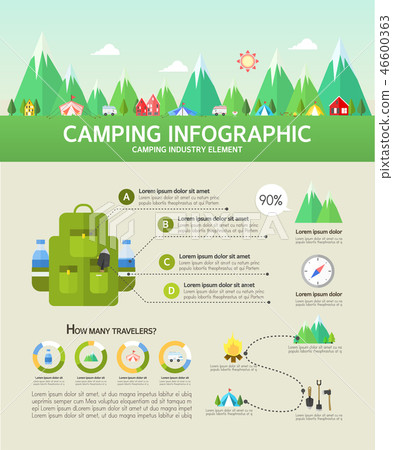Picking the right framework material is essential for occasion tents. Whether it's layered steel for budget camping tents or anodized aluminum for durable applications, there are lots of factors to consider to keep in mind.
Steel frameworks prevail in lower-priced pop-up tents yet are prone to corrosion despite finishes and require routine upkeep. Light weight aluminum is lightweight, naturally withstands corrosion, and holds up well in humid or coastal settings.
Steel
When it comes to guaranteeing the toughness of personalized tents, the material utilized in their structures plays a vital role. Steel and aluminum alloys both offer costs toughness, however each deals special benefits that make it ideal for various types of settings. Steel is suitable for tough problems, while light weight aluminum master withstanding rust and reducing maintenance expenses.
When event hosts select the appropriate outdoor tents for their demands, they require to think about aspects like expected weather. For example, frame tents usually execute much better in gusty or rainy problems than post tents due to the fact that they do not rely on a main pole to support the structure. However, the connections in between framework pieces can weaken in high stress scenarios. Recognizing these weak points and carrying out regular assessments can assist avoid potential damage.
Steel structures are difficult to cut, weld or form, which can call for specific tools and raise labor prices. Furthermore, they tend to corrosion or wear away quickly and might need additional defense or finishes. Furthermore, steel is very hefty and can trigger issues when moving a canopy. It's also hard to keep for long periods of time due to the fact that it takes up extra area than aluminum structures.
Aluminum
Light weight aluminum is a prominent frame product for canopy outdoors tents since it's lightweight, rust-resistant, and very easy to carry and establish. It also offers a more secure shelter throughout gusty conditions than steel structures. Aluminum is much less susceptible to tearing and any damages can be conveniently repaired, lengthening the life of the camping tent. It also takes a breath to decrease condensation and supplies exceptional acoustic insulation to dampen outside sound.
The sturdiness of light weight aluminum framework outdoors tents is even more boosted by the natural oxidation properties of the metal. It produces a small oxide layer that shields the surface from deterioration and spots. As such, the long life of an aluminum pop up tent can be improved even further when the frame is anodized.
Anodized aluminum is stronger than steel and can withstand high wind rates. In addition, the finish withstands deterioration and discolorations, expanding the life-span of the camping tent. In addition, anodized light weight aluminum is recyclable and lasting, making it perfect for services looking for LEED qualification. The combination of these homes makes light weight aluminum a more economical choice than steel for big, sturdy camping tents, such as those made use of to accommodate industrial tools and stockroom stock. Steel, on the other hand, is extra expensive since it calls for costly alloys such as nitrogen, molybdenum, and chromium to enhance strength.
Iron
Iron framework tents usually last approximately 15 years if the ideal care and upkeep is used. This includes on a regular basis cleaning up fabric and inspecting steel elements for deterioration and wear. By taking these steps, event hosts can make best use of the reliability of their structures and guarantee their continued efficiency in tough settings.
Steel is a suitable material for constructing durable camping tents, specifically for use in harsh weather conditions. It is a solid, durable, and inexpensive product that uses security and resilience for a large range of applications. Nonetheless, steel is prone to rusting in humid and seaside environments. The enhancement of safety finishes and routine upkeep can help to minimize this risk, however these efforts increase general upkeep prices.
In contrast, light weight aluminum is a more resilient selection for a custom-made tent because of its all-natural oxidation buildings. When anodized, light weight aluminum comes to be super-strong and approximately three times harder than basic light weight aluminum alloys. This makes anodized aluminum the second-hardest compound next to ruby (satellites, airplane, and armed forces automobiles all utilize anodized aluminum). Along with its durability, plated light weight aluminum is also extra resistant to rust than steel. These variables make aluminum a superb option for pop up canopy outdoors tents and add to their capacity to carry longer service warranties (5, 7, and even lifetime framework warranties). Furthermore, light weight aluminum is 1/3 the weight of steel enabling a much thinner frame layout for even more customization choices eco-friendly bag and boosted stamina.
